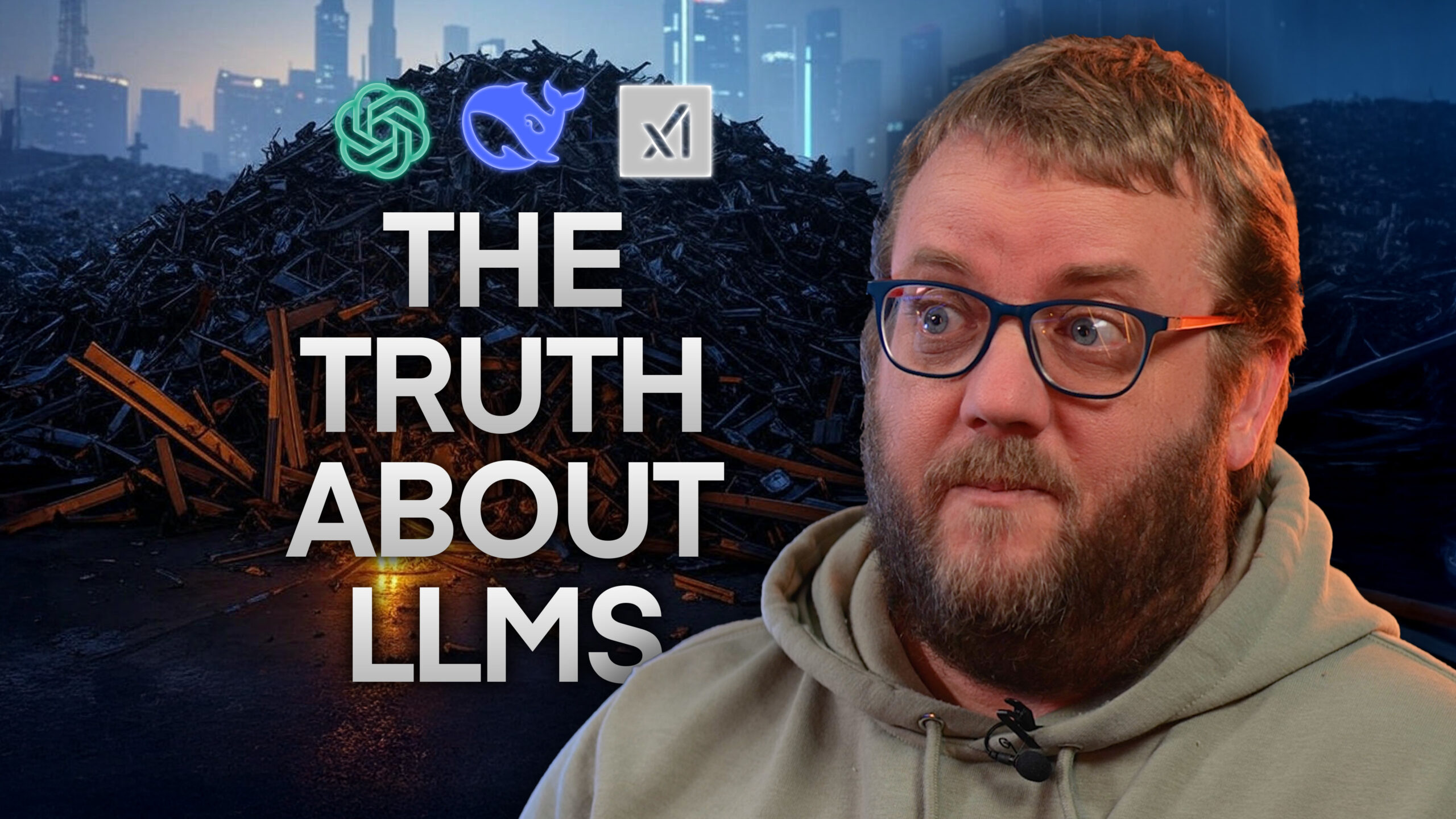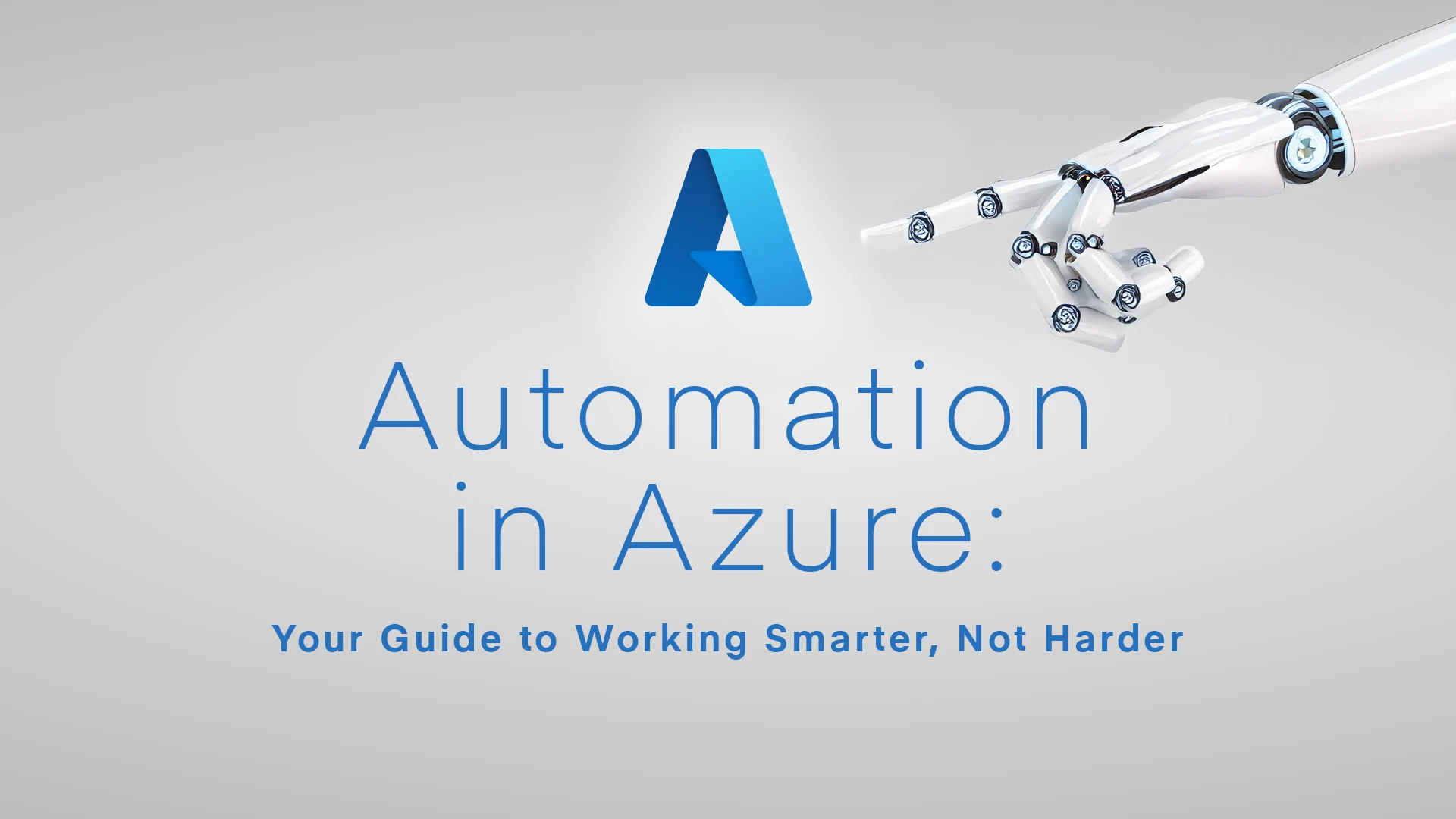Quantum computing sounds like science fiction—and to some extent, it still is. But this tech is quickly moving from theoretical physics labs to real-world development.
Are you ready for it? Are any of us really ready?
Synextra Consultant, Matt, and Principal Architect, Elliott, enjoyed a wide-ranging discussion about what quantum computing could mean for all of us in our latest Experts in Polo Shirts podcast episode. You can enjoy the video below, or read on to find out more.
Remember, though: this is light-hearted speculation about technology that’s still highly experimental and shrouded in secrecy. Some of what we’re discussing is effectively science fiction, and with development happening behind closed doors, it’s impossible to be completely accurate about these claims.
But that doesn’t mean we shouldn’t try to figure it all out. Here’s what we know so far.






